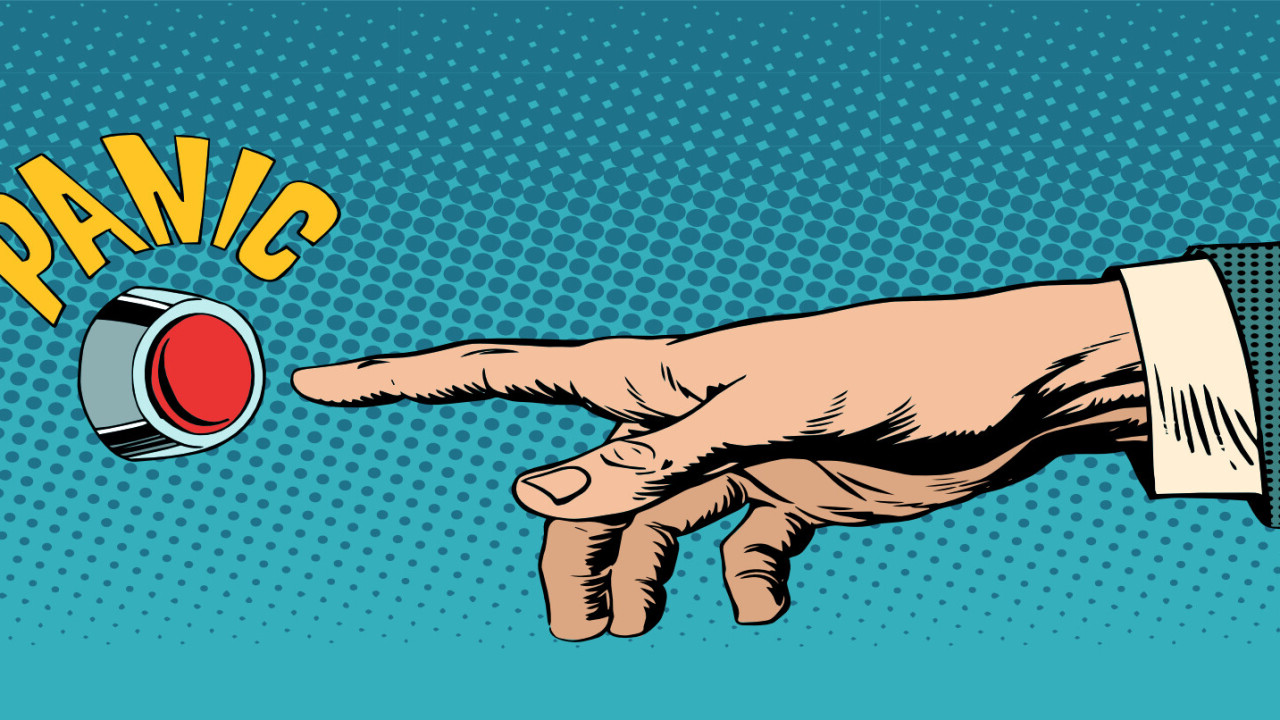A UCLA-led study found that political views have a lot to do with how likely each of us are to believe information about potential threats — even when the threats aren’t real.
Led by UCLA anthropology professor Daniel Fessler, researchers began their work long before fake news became a talking point during the 2016 campaign season. Results, though, show overlap with the rise of fake news sites during the campaign season and offers a glimpse into why the bulk of them catered to conservative readers.
Buzzfeed News found there simply wasn’t the same economic incentive for liberal-leaning sources, according to the creator of a 100 website network that’s raking in thousands monthly in ad revenue. “People in America prefer to read news about Trump,” said the unnamed source.
The study offers an explanation as to why: conservatives are more likely to believe perceived (yet untrue) threats than liberals.
Since many of the most popular fake news stories during the campaign season were threatening in nature — for example, “ISIS leader calls for American Muslim voters to support Hillary Clinton” — and conservatives believe threats are credible at rates significantly higher than liberals, it created the perfect storm for conservative-leaing fake news sites in 2016.
Results actually came from two studies: one in 2015 and one in 2016. Each study contained 16 statements concerning benefits — “Exercising on an empty stomach burns more calories.” — or hazards — “An intoxicated passenger could partially open the exit door to a commercial jetliner, causing the cabin to depressurize and the oxygen masks to deploy.” All but two of the 16 statements were false.
Participants also reported their political affiliation as part of the study.
Researchers found no significant difference in the way the two groups perceived statements about benefits. When it came to statements about hazards, though, conservatives were more likely to take the bait. “Conservatives see safety in the status quo, while liberals see opportunity in change,” explained Fessler.
Of course, there are drawbacks in each approach. Conservatives are more likely to suffer day-to-day over the risk of threats and miss out on opportunities for progress. On the other hand, Liberals are more likely to dismiss warnings about these hazards, which could lead to more severe consequences if they happen.
The full results of the study are set to be published the journal Psychological Science at a later date.
Get the TNW newsletter
Get the most important tech news in your inbox each week.





